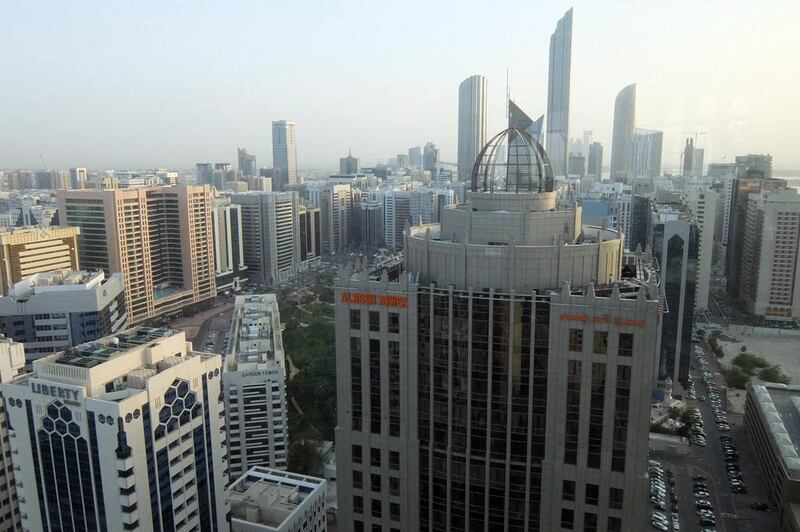We are a UAE startup, whose sales for the first year did not cross the UAE VAT threshold of Dh375,000. However, recently we realised that our sales will exceed the threshold in the next 30 days. Therefore, while we did not charge VAT for the first 10 months, we will now be charging it. We have heard we can reclaim the entire input VAT paid before registration. Is this process acceptable to the Federal Tax Authority? We did not register in the first few months of operation as were unsure we would cross the threshold. HJ Abu Dhabi
Article 56 of the Decree Law allows the recovery of input tax paid on goods, services and imported goods prior to the date of VAT registration, “provided that these goods and services were used to make supplies that give the right to input tax recovery upon tax registration”. Input VAT is the VAT you are charged by your suppliers on goods and services purchased.This means that you can only recover VAT paid before registration if VAT charged on the same goods and services post registration would be recoverable. You should understand the exclusions to input tax recovery contained in the full decree law and executive regulations and apply the same rules that apply to input VAT recovery generally, when determining how much pre registration input VAT can be offset.
There are four exceptions to this rule listed in the decree law. The first is receipt of goods and services for purposes other than making taxable supplies. The next is for input tax related to capital assets that are already partially depreciated before the date of registration, for example, if you purchase a fixed asset with an expected life of five years and when you register for VAT the asset has only two years of use left, you can only reclaim two fifths of the VAT you originally paid. The third exception is for services received more than five years prior to the date of registration. Note this refers to services only, rather than goods and services.
Finally you cannot reclaim input tax paid if you have moved goods to another implementing GCC state prior to the registration in that state. This is because if you supply goods to another GCC state then the recovery of input tax is permitted only in that other state. Therefore, to recover input VAT you need to be registered in that other GCC state.
_______
Read more on VAT:
VAT q&a: What do I need to include on my VAT return?
VAT q&a: Can an overseas company charge my business UAE VAT?
VAT Q&A: Should I bother registering my small business for VAT?
VAT Q&A: Should I pay VAT on a health club membership I paid for last year?
Dubai Economy clarifies VAT addition to Fitness First memberships
________
I have read about UAE companies receiving invoices without UAE VAT, where such companies need to record the VAT under the reverse charge mechanism. In such cases, this means the FTA will not receive any VAT. Is it logical that some non-resident companies are obliged to register for and charge VAT but others do not? Is there ambiguity in the law here? HJ Abu Dhabi
This question highlights why the reverse charge mechanism is a hard concept to grasp and at first does not seem to make sense. The reverse charge mechanism applies if you make input and output VAT adjustments on your VAT return where you have purchased goods or services from an overseas company and have not been charged VAT.
When considering this, remember the end consumer bears the cost of VAT not the companies involved in the production chain. The companies have to charge VAT, but can also reclaim any VAT they are charged.
If a UAE resident company is purchasing services from another UAE resident company, and both are VAT registered, then the supplier will charge the recipient company VAT and will pay this over to the FTA on their next return. Meanwhile, the recipient company will pay the supplier VAT but will then reclaim this from the FTA on their next return. So from the FTA’s perspective, there is a zero net effect from this transaction, albeit that there are equal and opposite actual cash flows.
If a UAE company buys services from an overseas company that is not registered for UAE VAT, the UAE recipient company must use the reverse charge mechanism when accounting for this VAT. They will record equal and opposite VAT payable and VAT reclaimable on their VAT return. As these amounts net each other off on the same VAT return, there will not be any actual movement of cash, but the zero net effect is the same. So there is no ambiguity in these two scenarios, the net effect for both the FTA and the UAE-registered company is the same.
Lisa Martin, a chartered accountant with over 20 years commercial finance experience, is the founder of accounting, auditing and VAT consultancy, The Counting House. Email any VAT queries to pf@thenational.ae






